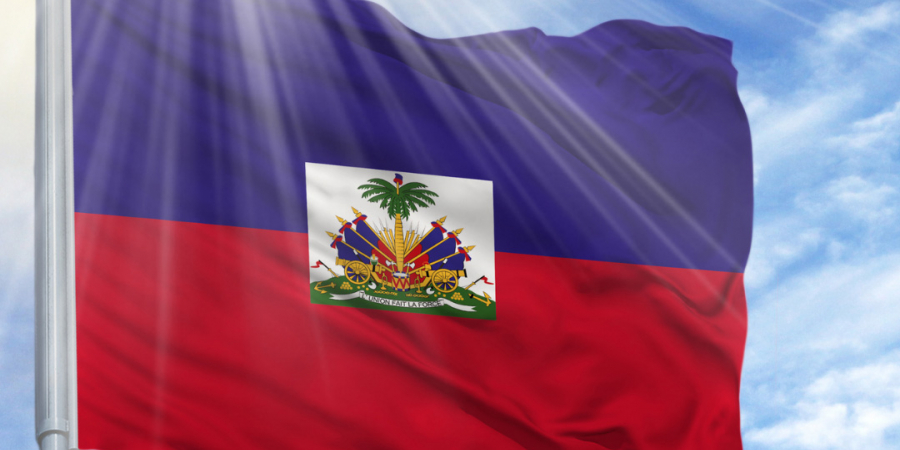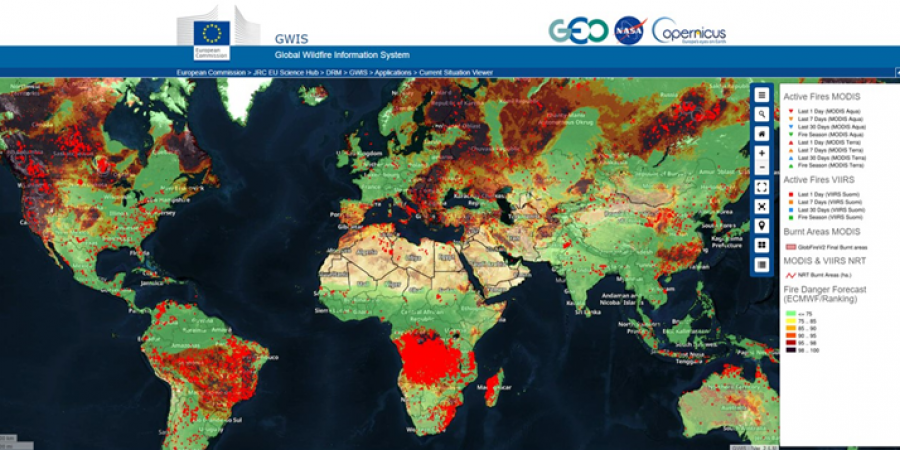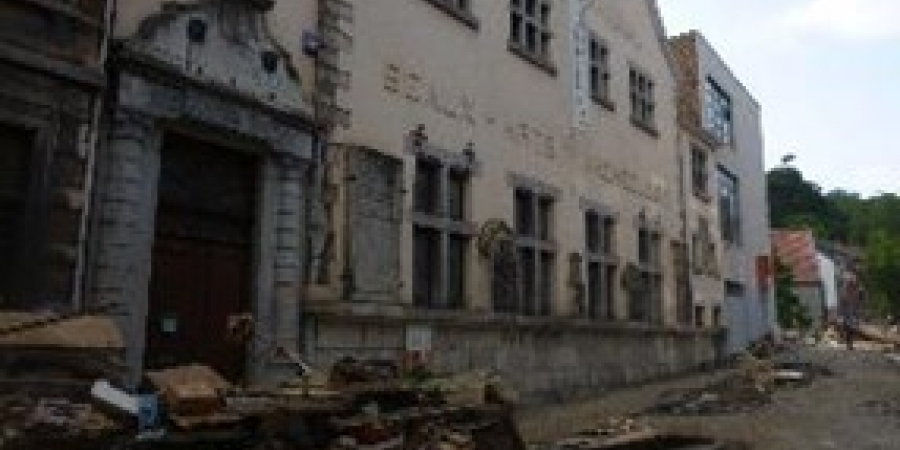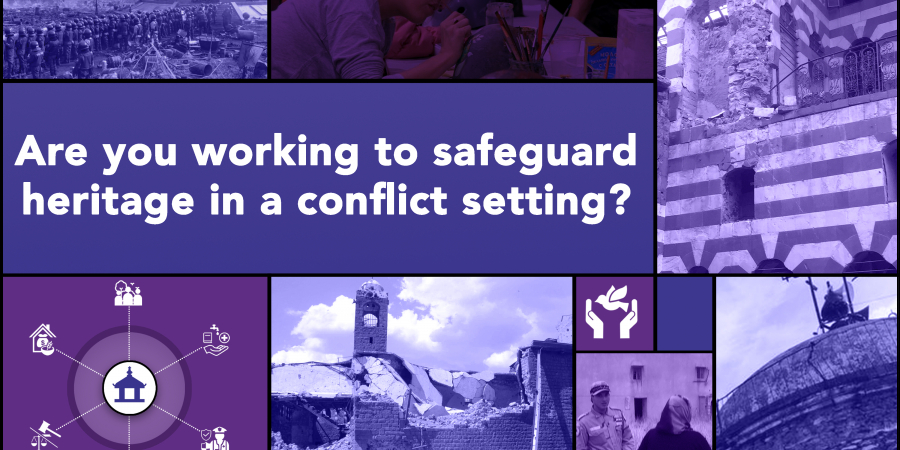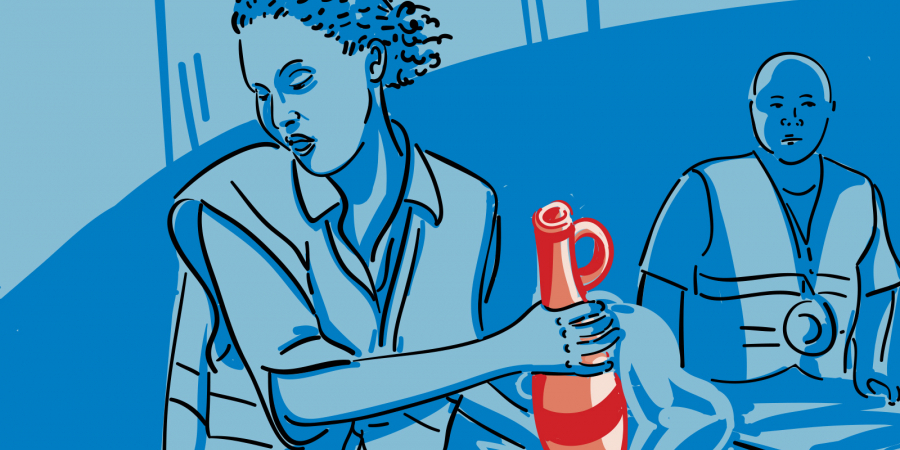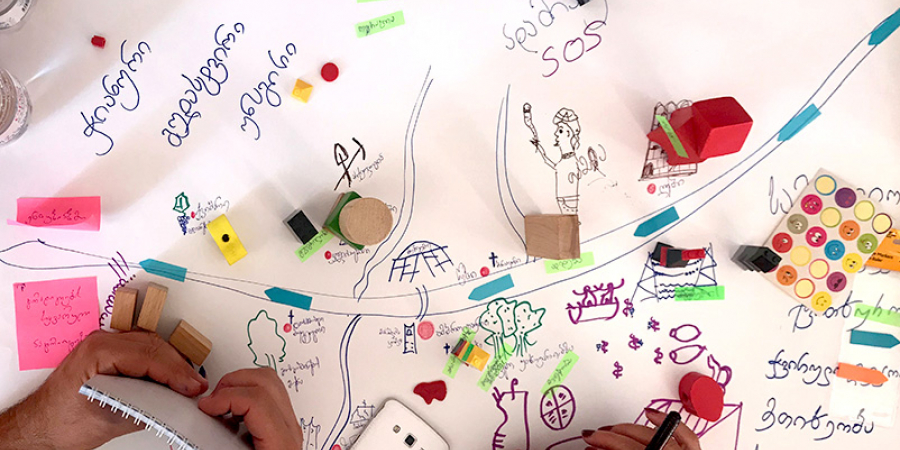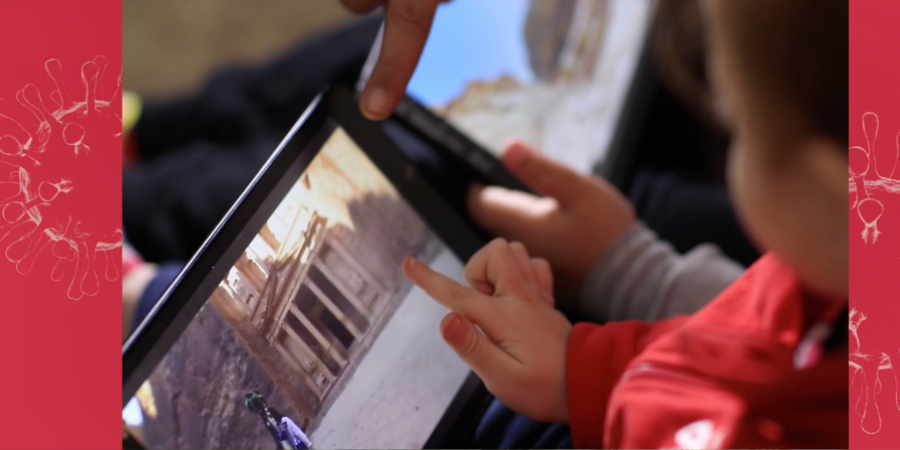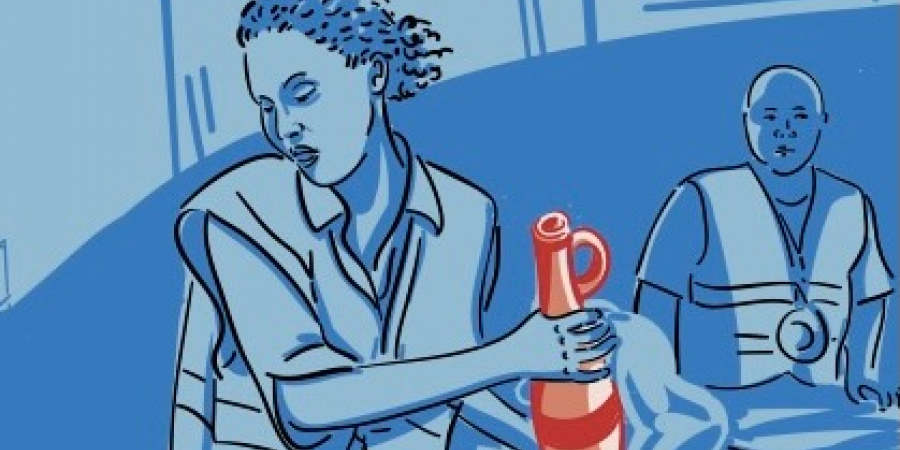
Emergency evacuation guidelines now available in German
With the aim of breaking language barriers and providing knowledge where it is needed most, ICCROM and Blue Shield Germany have released a German version of the pioneering online resource, Endangered Heritage: Emergency Evacuation of Heritage Collections, developed in partnership with UNESCO.

